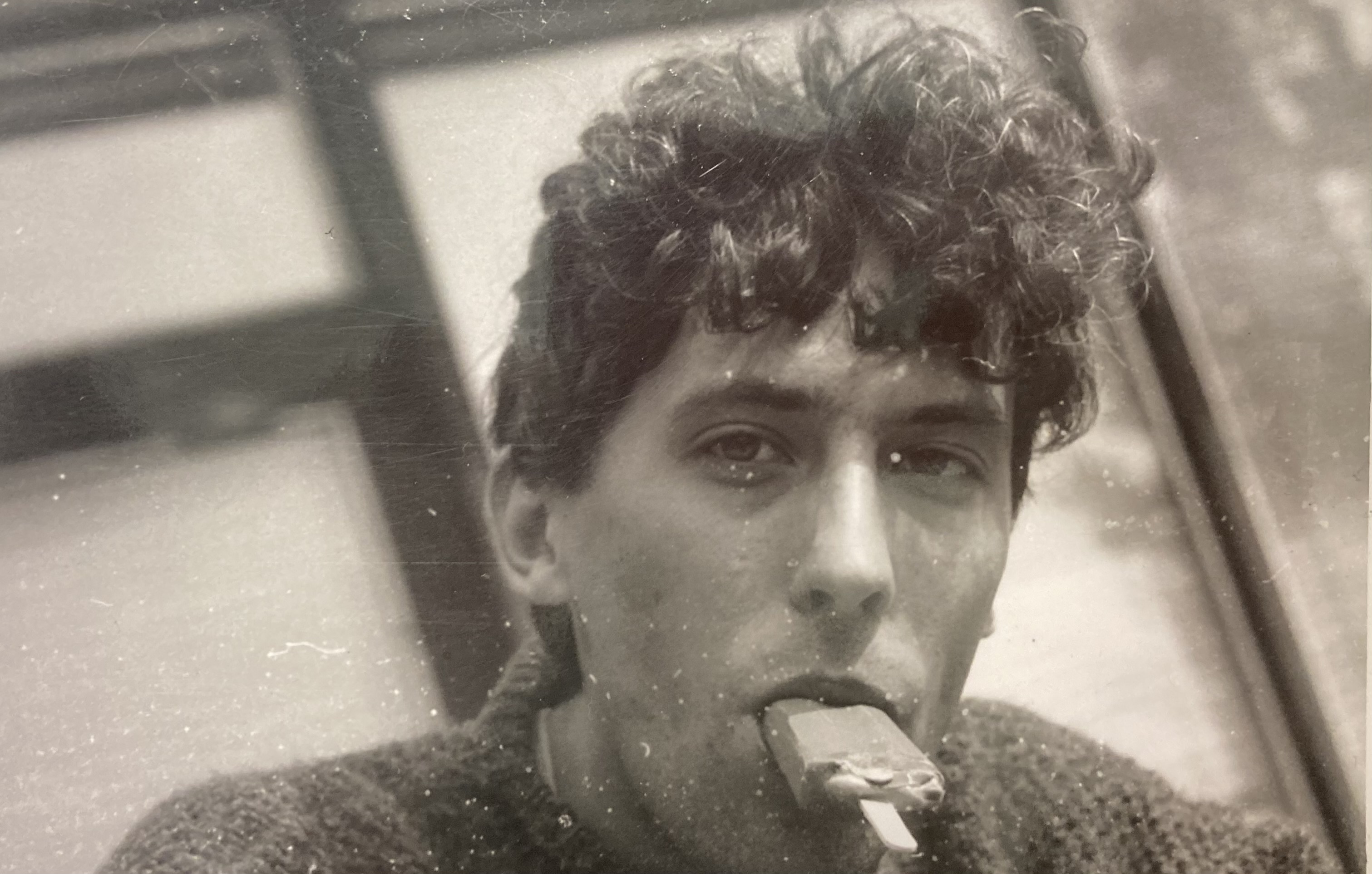Life was motionless under the Bolsheviks. It was dead and stagnant

Download image
Petr Veselý was born on 7 March 1965 to a Czech father and a Volhynian Czech mother who had escaped Stalin’s regime to Czechoslovakia. His earliest memories include August 1968. He remembers playing in a sandpit with tanks pointing at him from three sides, which as a three-year-old he saw as a great adventure. On the night of 21 August, the family could hear military planes landing at the Ruzyně from their home. Another memory is of his mother who, because of her own life experience, locked herself in the bathroom and had a hysterical fit, crying and screaming that the war was starting. When Peter Vesely was eleven years old, his mother died. His father remarried and the family relations were not ideal. During his grammar school years, Petr Veselý started to escape to the theatre. It eventually charmed him so much that he repeatedly applied for directing studies at JAMU and was rejected three times, including for political reasons. He joined JAMU for the fourth time. During the Velvet Revolution he was the head of the strike committee and then became the first ever chairman of the academic senate at JAMU. Petr Veselý worked as a theatre director and at an advertising agency for a brief stint. He also made his living by editing dubbing scripts. Petr Veselý lived in Brno in 2023.






